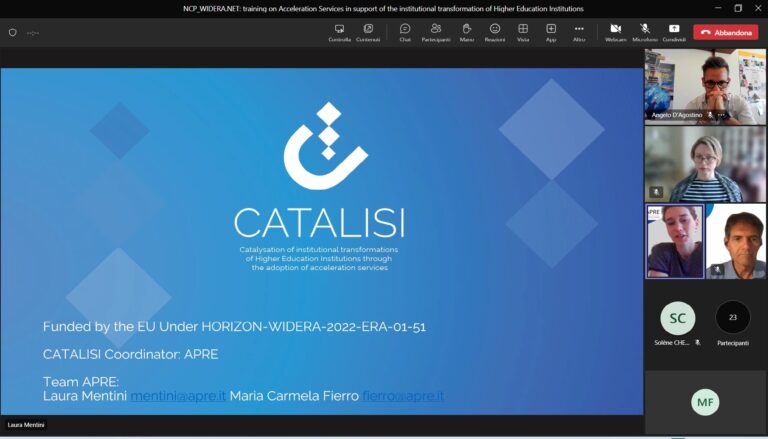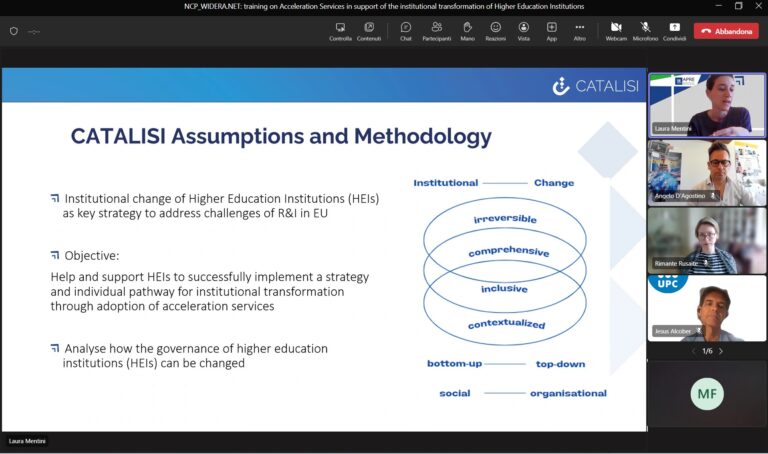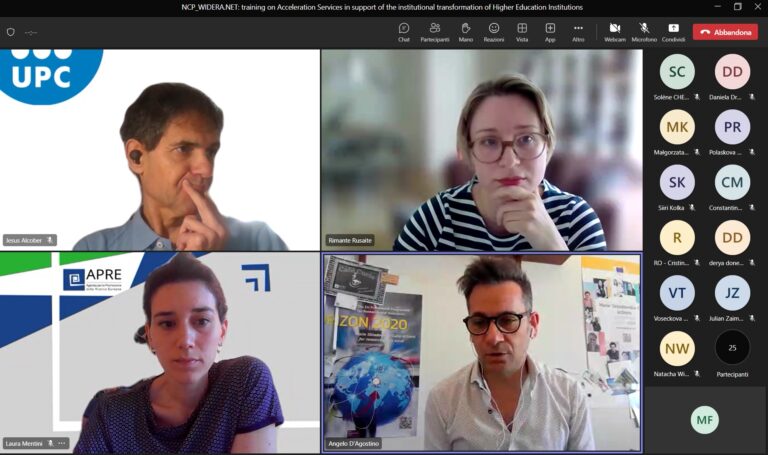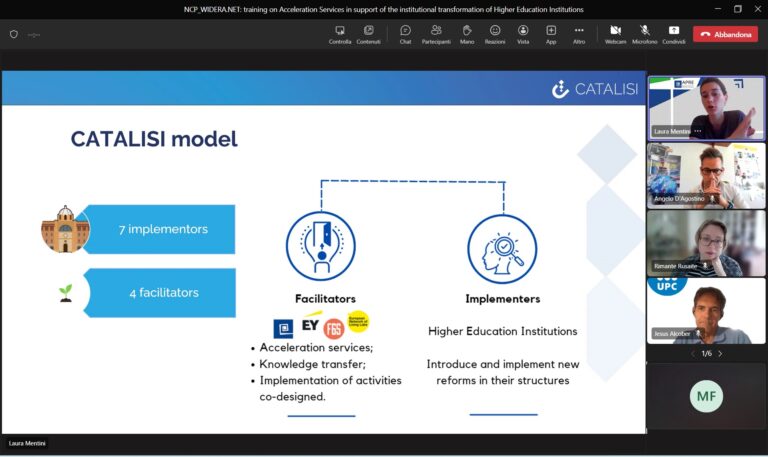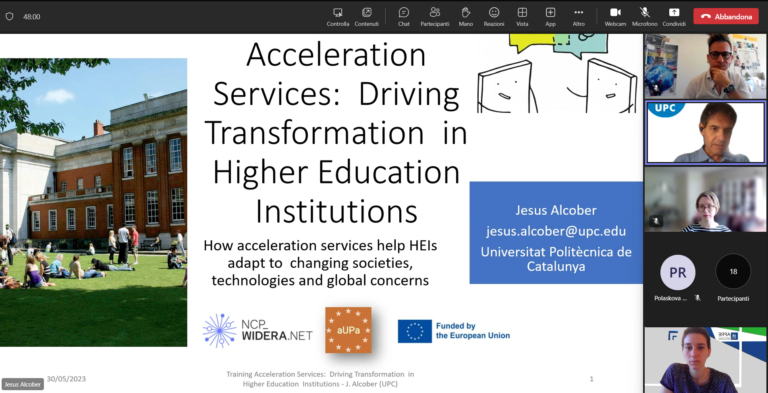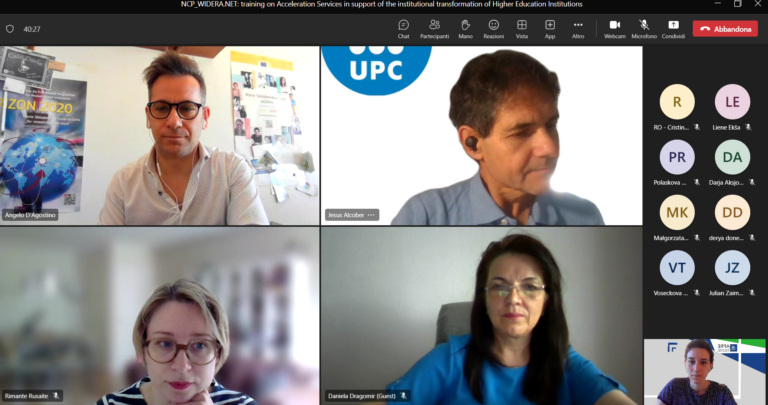In 2023 the National Open Science Strategy (ENCA) was published in Spain. This strategy sets a series of measures and goals (promotion and strengthening of transparency, quality and reproducibility of research results) that have been promoted in the European Union for years, most recently through the European Research and Innovation Area. These issues are addressed by the ENCA with the aim of facilitating and promoting the creation of a national open science policy in Spain, also adapted to the international context. The ENCA has been developed by the Ministry of Science and Innovation through the General Secretary for Research, which created the Open Science Commission (OSC) at the end of 2018, coordinated by the Spanish Foundation for Science and Technology (FECYT).
The importance of this strategy lies in the current way the scientific publication system functions. Currently, an important part of the gold open-access journals in which researchers have been encouraged to publish offer the possibility to do so in open access on the condition that researchers pay up to EUR 9,500. Money that has been generally covered by public funding. In addition to this, peer reviews are done by the researchers themselves for free. This way, researchers, and ultimately universities, have been moved to participate in a system where private entities are paid to allow access to knowledge that universities themselves produce, often, at least in Spain, with public funding. However, it is increasingly common for universities to have their own repositories where researchers upload their articles in open access.
The way in which scientific journals are being financed makes access to academic knowledge difficult. The ENCA seeks to alleviate these problems through a multidimensional approach to open science. Thus, six dimensions are distinguished around the concept of open science and its strategic implementation: open access to research results; open data, protocols and methodology; the creation of open source platforms; open peer review; the promotion of citizen science and the creation of new indicators for research assessment.
This way, the aim of ENCA is to address the question of researchers’ access to previous results and reflections so they can contrast and enrich their own studies. The actions promoted through this strategy can also derive into a transformation in the logics governing the assessment system within the research community: not only will it matter the journal’s impact factor when evaluating the worth of an article, but also how the reflections and results provided can contribute to generating knowledge with a positive impact on society.
The CATALISI project, in its implementation at Universitat Jaume I, seeks to develop interventions along the lines of ENCA. In addition to the funding of diamond journals[1] already being done at UJI, CATALISI aims to: promote the recognition of the use of public repositories as a good research practice and add peer reviewing in open access journals as a good practice in researcher assessment. Here it is worth highlighting the importance of mutual learning in the promotion of a sustainable open science, something promoted among CATALISI partners.
By: Carlota Carretero García, UJI
[1] Journals where all papers are open access and neither the readers or the authors need to pay for the publication.



